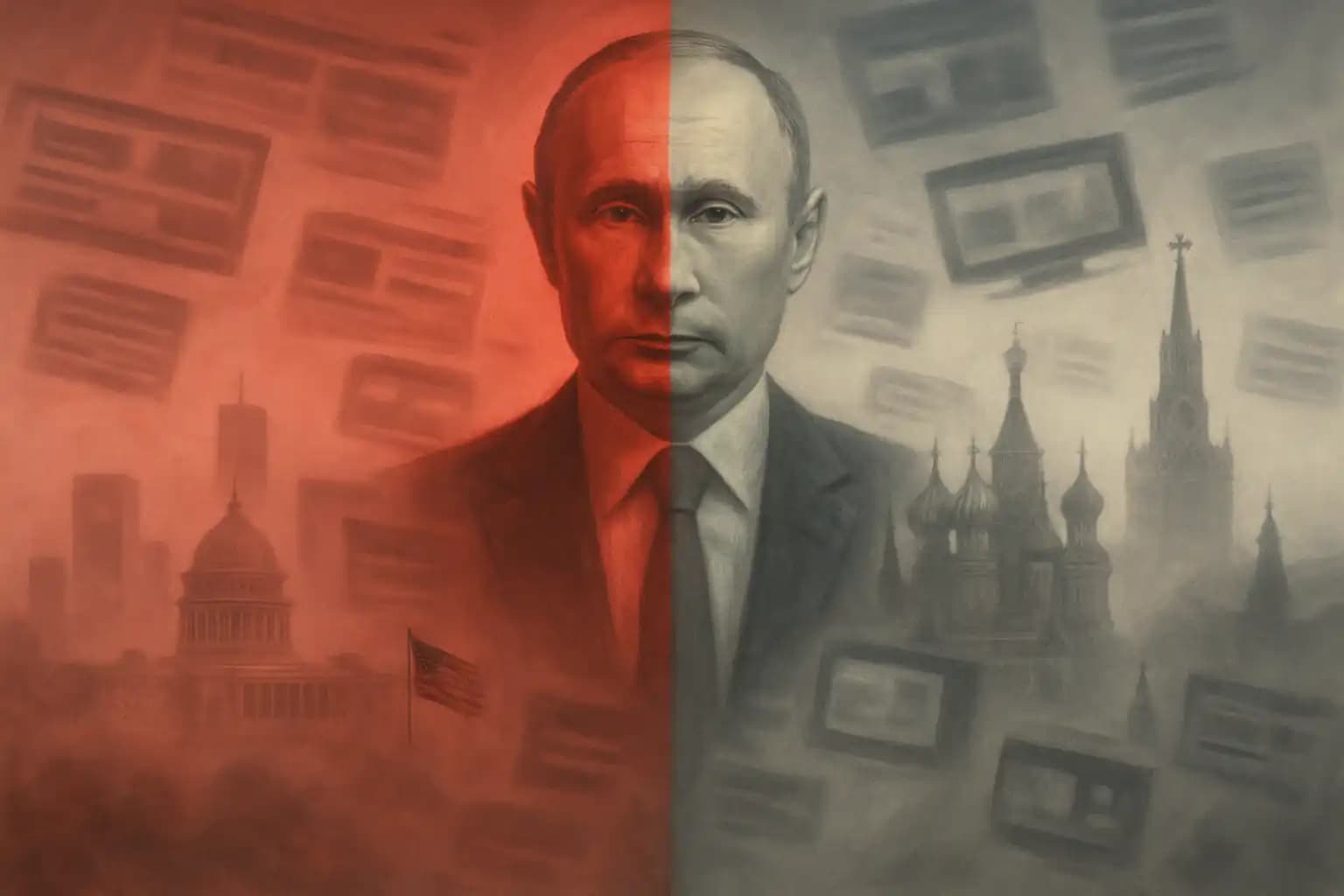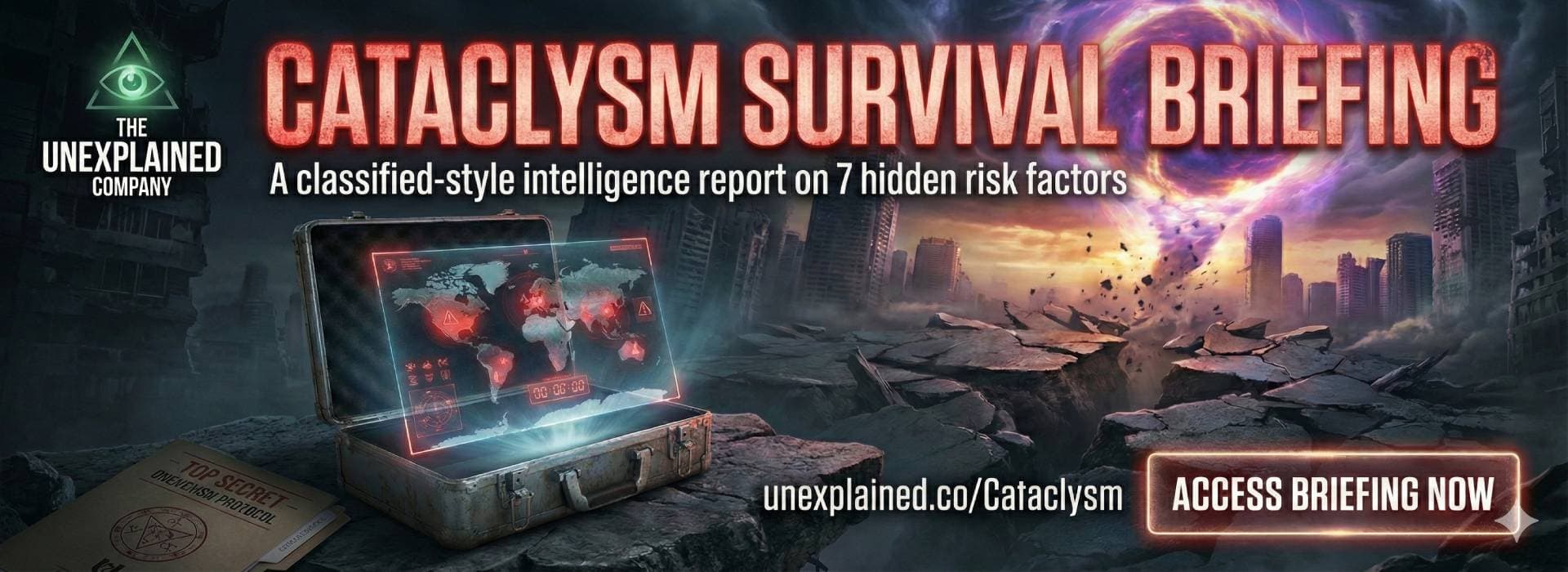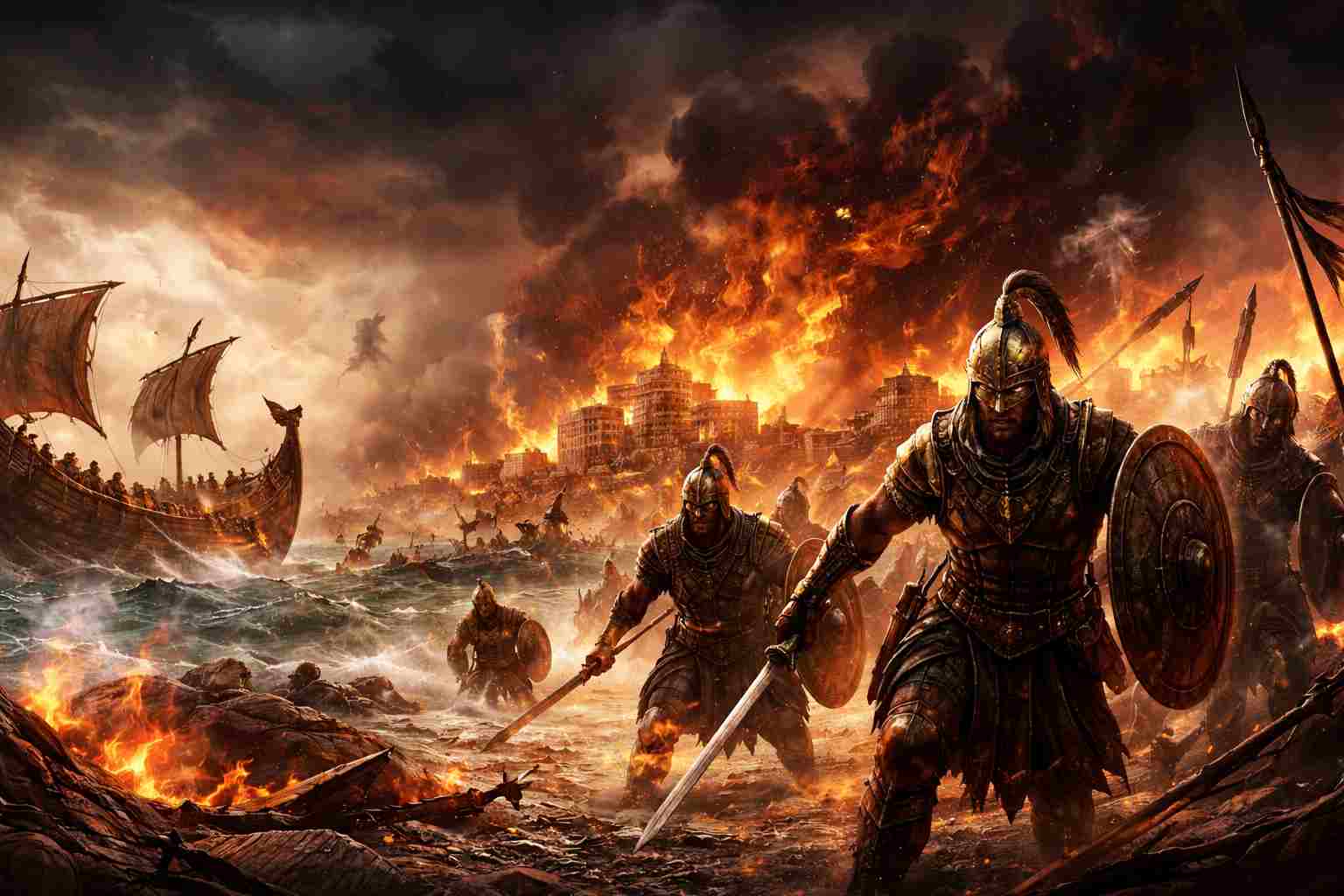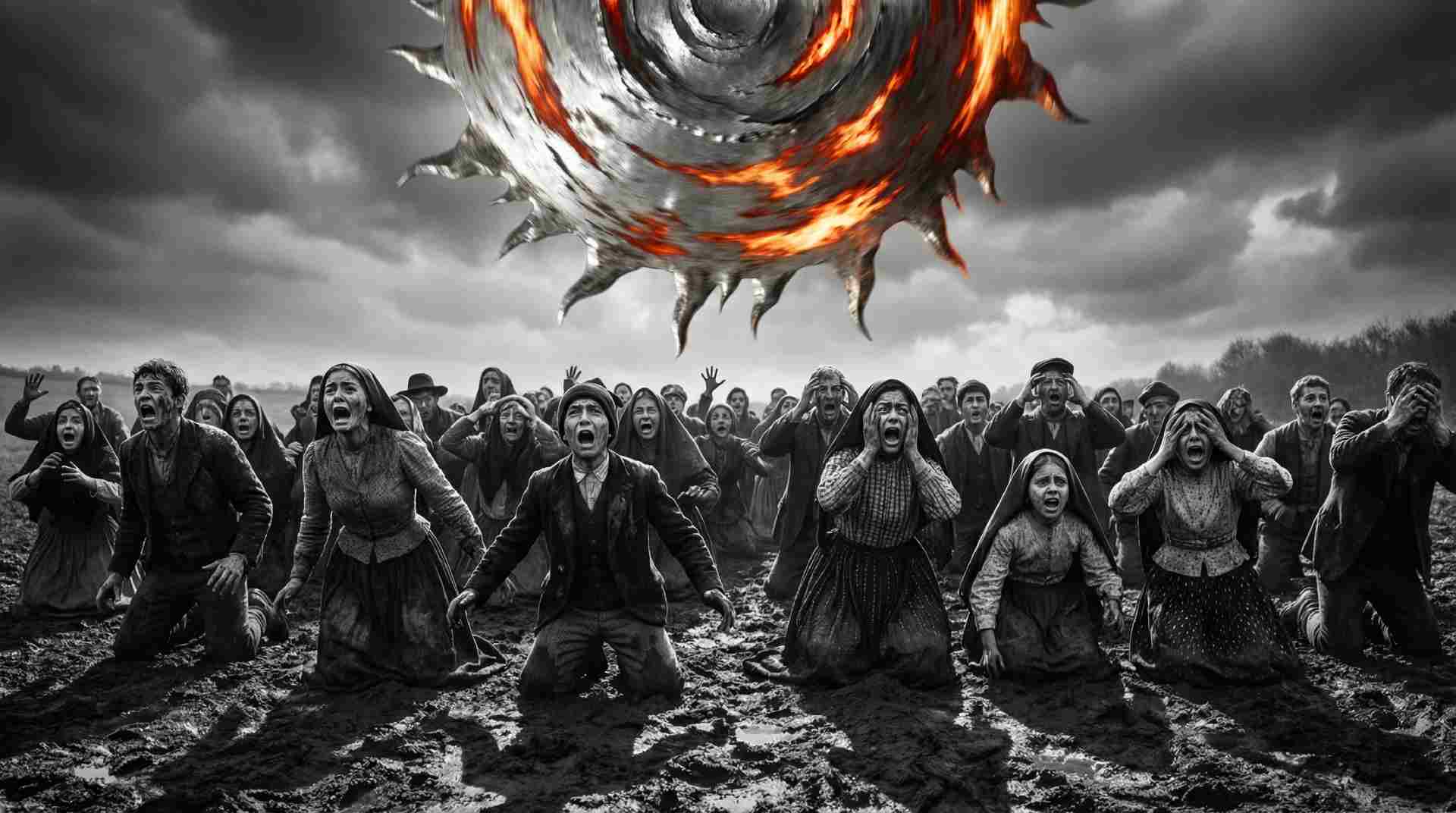Vladimir Putin, despite his shirtless memes, remains a puzzle for many Americans. U.S. presidents and late-night comedians struggle to decode the man behind the Kremlin. This confusion could be humorous if it weren’t so potentially catastrophic. Why do Americans misunderstand Putin? The reasons lie in cultural blind spots, geopolitical tunnel vision, and media echo chambers that bewilder even seasoned propagandists.
First, Putin is not simply a ‘Bond villain’ seeking world domination. His narrative is richer and more complex than today’s meme-driven news implies. His KGB history and the chaotic post-Soviet era influence his decisions. A sense of trauma pervades, stemming from Russia’s losses in the 1990s and fear of encirclement that dates back centuries, as outlined in the historical overview on Wikipedia. Putin’s agenda blends nationalist revival, personal power, and a strong desire to prevent Western pressures, particularly following the humiliation after the Soviet collapse.
Vladimir Putin’s Worldview: Security, Stability, and Power
Putin’s worldview starkly contrasts with the American narrative. The West frames global affairs as a clash of values—democracy versus autocracy, freedom versus tyranny. Putin sees international relations as an ongoing struggle for power and survival. He regards NATO and the EU not as benign entities but as historic threats at Russia’s doorstep. Thus, Western expansion and influence in former Soviet states appear not only offensive but also existentially dangerous. A detailed analysis of Putin’s worldview in The Hill reveals these zero-sum calculations, exposing how American optimism seldom resonates in Moscow.
This persistent misreading fosters constant tension. American policymakers expect rationality based on democratic principles—often tragically so, as illustrated by missteps since 2014 and Russia’s actions in Crimea and Ukraine. Analysts have likened these rising tensions to ancient fallouts, like those explored in this in-depth exploration of Rome’s fall. Russia perceives its resistance as a desperate attempt to avert a similar fate.
The Media Bubble: Echo Chambers and Political Spin
The media contributes to American misunderstandings of Putin. U.S. coverage often simplifies him to a cartoonish strongman, overlooking the complexities of Russian society. Findings from the Pew Research Center show that most Americans view both Putin and Russia negatively. However, beneath this negativity lies confusion, fueled by a “hot take” culture that lacks appreciation for nuance.
Divergent narratives thrive in this environment. Social media amplifies echo chambers and misinformation. If you don’t actively seek differing views—like those found in platforms that aggregate diverse sources—you risk remaining stuck in a loop. These misunderstandings can complicate critical moments, as seen in the nuclear brinkmanship detailed in this report on WW3 fears, or intertwine with conspiratorial narratives explored in prophetic ideologies.
Echoes from Ukraine, the Pacific, and Cultural Crossroads
This misunderstanding extends beyond Washington. It arises in various hotspots, from Ukrainian conflicts to economic sanctions and Pacific strategies—including covert operations dissected in this special operations analysis. Historically, Americans have underestimated Russian resilience and misjudged cultures that operate by different rules, as highlighted by historians in escalation scenarios. Framing Russia’s actions as irrational or evil ignores a complex historical narrative steeped in paranoia.
This leads to policy whiplash, miscalculations, and a dangerous cycle of provocation and retaliation. Global crises arise—from earthquakes in Idaho, covered in detail in this seismic deep dive, to nuclear tensions—exacerbated by competing misunderstandings.
Bridging the Gap: The Price of Misunderstanding
Americans need not remain trapped in perpetual misunderstanding of Putin. The solution lies in confronting history and genuinely engaging with different worldviews. The world is too unstable for diplomatic blind spots, and the cost of repeated errors is exorbitant.
To navigate the noise and echo chambers, readers should turn to independent platforms—like Unexplained.co—that provide curated, diverse perspectives. Misunderstanding adversaries isn’t just risky; it’s dangerous. As we prepare for new tensions, ensure your information resources are as robust as your emergency supplies.





